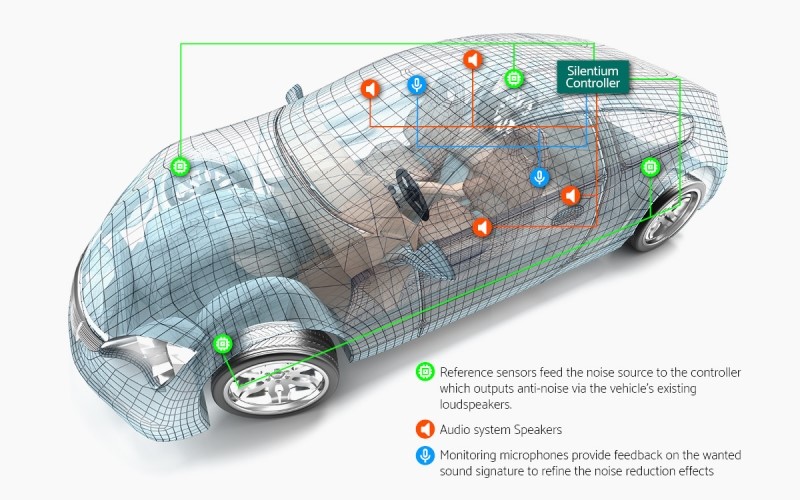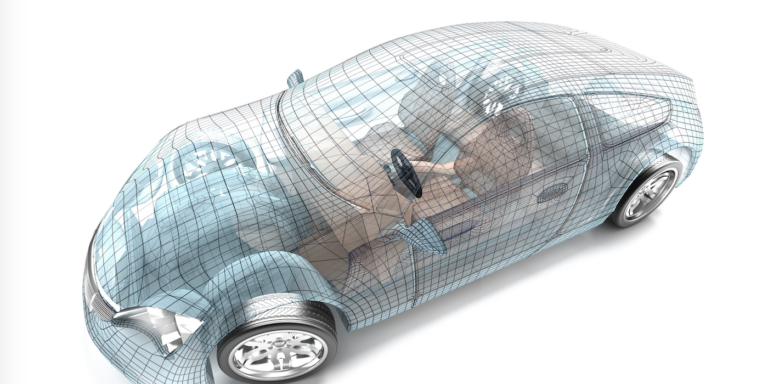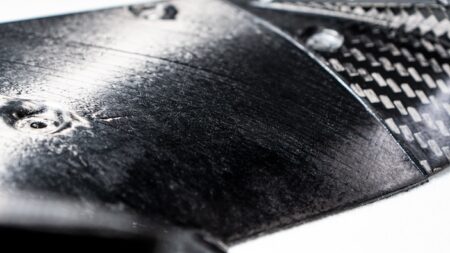Israel-based Silentium is ramping up the global rollout of its active road-noise cancellation (ARNC) technology after being selected as the preferred ARNC software provider to Hyundai Mobis. Silentium offers broadband ARNC across a broad spectrum of frequencies, from 20Hz up to 1kHz.
This collaboration with Hyundai Mobis, a global automotive supplier, means that Silentium is now working with several tier one automotive suppliers, with some in production programmes for global OEMs. Jaguar and Land Rover were the first OEMs to integrate the ARNC software in three of their new vehicles in October 2020. Having signed a Memorandum of Understanding last year, Silentium and Hyundai Mobis are now collaborating on a global vehicle production programme for an unnamed brand, with more automotive projects in the pipeline.
Sang Hun Lee, Asia managing Ddirector at Silentium commented, “Our active acoustics technology can reduce, cancel and enhance sound inside any vehicle, and can work on any infotainment system and speakers in any car – no extra investment needed on types or placement of speakers. You can already find our broadband noise-cancellation software in Jaguar and Land Rover vehicles, and we can’t wait to start a wider global rollout thanks to our new partnership with Hyundai Mobis.”
Silentium believes that ARNC has become more than a luxury in automotive, as health-focused consumers now demand products that prioritise occupant safety and wellbeing. Removing unwanted noise and creating a more pleasant acoustic environment could become a point of brand differentiation for car brands.
Silentium’s technology also offers vehicle manufacturers a way to reduce their reliance on passive noise damping and insulation materials, and reduce vehicle weight.
How active noise cancellation works
Silentium’s ARNC technology is similar to that found in a pair of high-end noise-cancelling headphones, but more advanced as it manipulates a larger amount of air. Up to six strategically positioned accelerometers on a vehicle’s chassis monitor unwanted road noise and send a signal to an on-board control unit, which plays an equivalent anti-noise signal through the vehicle’s speaker system. The pressure waves from both the unwanted exterior noise and manufactured anti-noise reach occupants’ eardrums at exactly the same time and cancel each other out.






